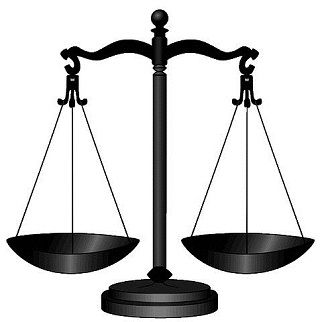Rethinking the Regulation of the Power Utilities Will Require Fairness, Honesty

Part of the issue here is there are multiple entities that have some regulatory influence over the grid: FERC, NERC, NRC, DOE, State governments, RTO’s or ISO’s, local governments (zoning), etc… But while there’s a maze of entities overlapping, there are few regulations that do anything other than help ensure constant reliable power – and I wouldn’t want to see those regulations unraveled without great care.
I hear you, but I’m unswayed – not that I favor unreliable power, only that I see a new day dawning in which value is placed on sustainability – and that, I believe, will come at the expense of a wholesale rethinking of who pays for what.
I fully admit that this is a horribly complicated situation, because there are so many moving parts. We have regulated and deregulated areas, and we have innovations like smart-grid and energy storage that offer many different types of benefits to different constituencies: generation, transmission, distribution, and end-customers – all coming with their own hard costs and other challenges.
It’s going to require a great deal of objectivity and honesty to make the adjustments that our society needs. But are there people/entities with a sufficient level of both fair-mindedness and the power to make it happen? I’m not sure.

Craig,
We don’t disagree on the need to reduce the impact of coal as quickly as possible without causing great economic harm (though I do believe we disagree on what is and what time frames are and are not possible).
I simply question whether the regulations concerning power – other than RPS’s, which I support strongly and support increasing or implementing in every state – are the best means of implementing this change.
I would instead prefer using an economic incentive (as discussed I prefer emission abatement subsidies to emissions taxes or cap-and-trade) to change the preference of the market, and let the market solve the puzzle under existing guidelines.